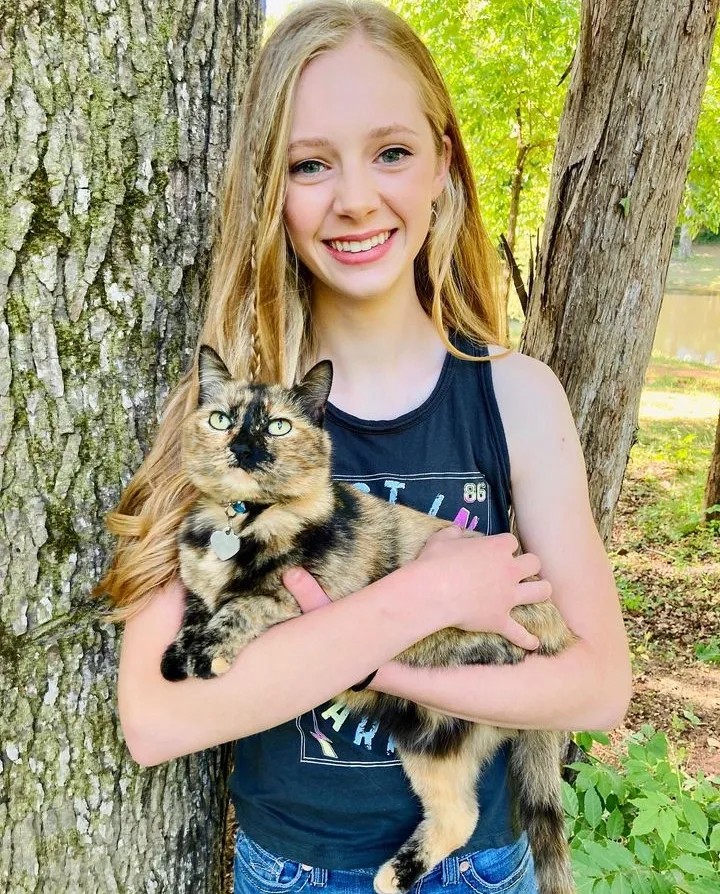YOUR TURN: Pets can suffer from obesity too

Picture this: you're standing in your living room, staring upon your snoozing pooch as he sprawls across the couch, his tongue lazily flapping out of his mouth. He's gotten much larger since you adopted him as a puppy … in more ways than one. It's time to ask yourself, "Is my Labrador looking more like a Flabrador?"
You may not realize it, but your dog or cat may be one of the 59% of pets suffering from obesity.
According to 2024 statistics, the number of overweight dogs and cats has increased over 100%, and as the issue becomes more normalized, pet owners are desensitized to the crisis at hand. Obese pets are more susceptible to certain health issues, such as respiratory problems, kidney disease, diabetes, arthritis, and even a shortened lifespan.
If you suspect your furry friend falls into the obese category, it's important to familiarize yourself with the solutionsto this health and happiness hazard. By diagnosing and eliminating your pet's weight issues, your dog or cat will benefit both physically and emotionally.
Your pet's age and lifestyle greatly impact his susceptibility to weight gain, but so do you! Older or overweight owners are more likely to have chunkier pets, and there is an interesting reason for this - a less-active person is less likely to provide his or her pet with the exercise and physical needs required to help it maintain a healthy weight.
Sometimes your pet's weight gain is visibly evident, but in other cases, it can be more difficult to tell. You should be able to easily feel your pet's ribs without having to search for them under a blanket of fat, his waist should be defined near his pelvis, and his abdomen should tuck up toward the hind legs. If you find you have more of a barrel than a Beagle, it's time to put him on the treadmill.
Overweight pets may also exhibit difficulty breathing, lethargy, a poor coat condition, and a reluctance to play and take walks. If you are concerned about your pet's weight, you can always visit a vet for a professional opinion.
Besides physical activity, increased playtime, and longer walks, there are other actions you can take to promote your pet's weight loss. Opt for healthier treat options and alter your pet's feeding plan to conform to his daily dietary needs, which will vary depending on his size and age. Removing his gravity feeder will be necessary to monitor his kibble intake, and a puzzle feeder will stimulate his mind while promoting caloric burn.
If you happen to be the proud owner of a treadmill as well as a dog, you can actually train him to use it. Though this form of exercise shouldn't replace real walks with your pup, it's a great alternative during less-than-fair weather.
As a responsible pet owner, keeping an eye on your dog or cat's weight is important. By implementing a modified feeding plan, gradually increasing exercise and playtime, and providing your pet with opportunities to work his mind as well as his mouth, you'll be guiding your pet toward a brighter and "lighter" future.
Emory Ivie is a student in Gaston County who created a pet rescue.
This article originally appeared on The Gaston Gazette: YOUR TURN: Pets can suffer from obesity too

